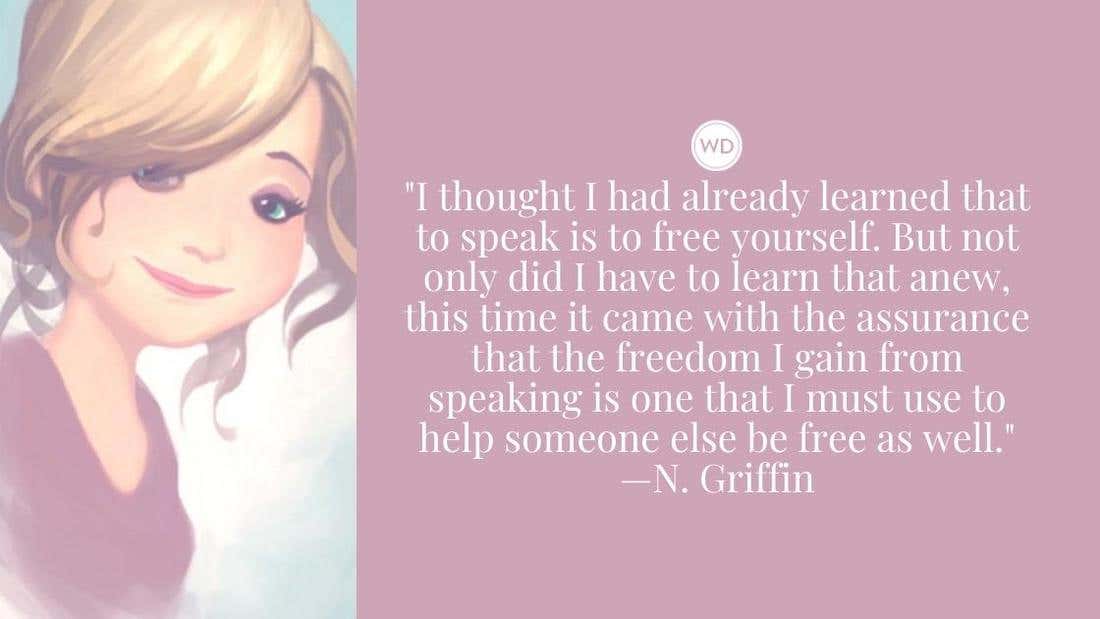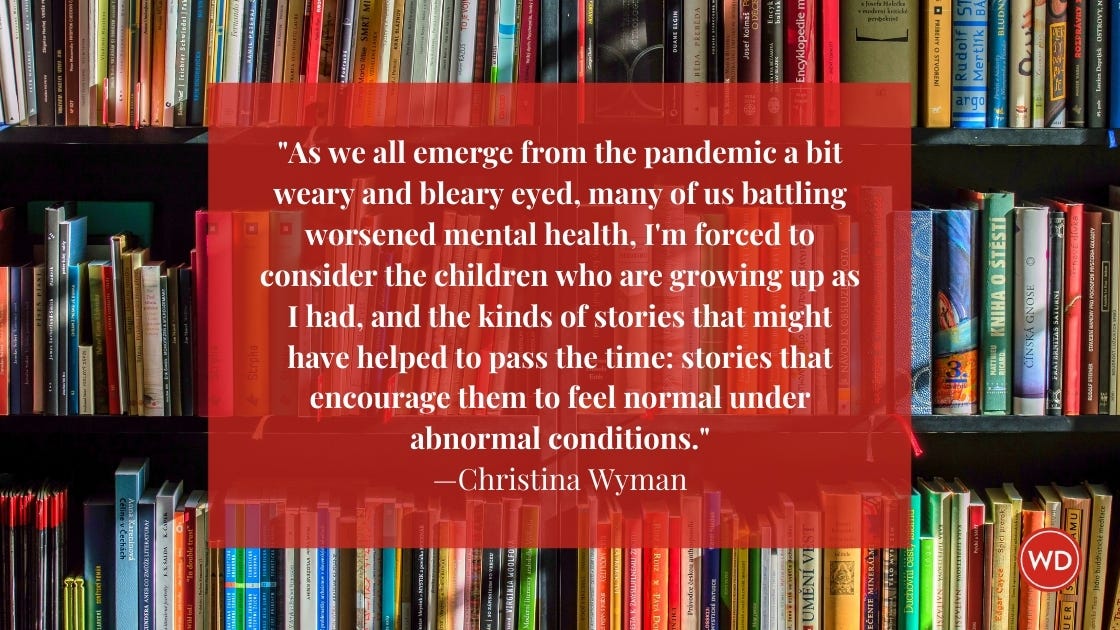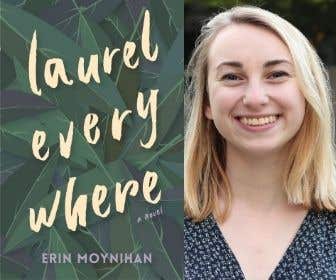Tackling Tough Issues for Teens
Author Nancy Garden discusses the challenges of writing young adult novel featuring gay teen characters.
Some people reflect fondly on their teenage years as a carefree age, but most of us remember the reality of life on the verge of adulthood—it''s confusing and sometimes just plain hard. Experiencing relationships for the first time is especially challenging, and many adolescents look to novels for guidance during this turbulent period. As a writer who suspected she was a lesbian at an early age, Nancy Garden, understands the necessity of having books where teens can read about peers who have experienced—and survived—issues like prejudice or isolation. "I grew up reading and enjoying books about straight people," says Garden, "but as a kid I also longed for books about my own people; both are necessary."
Unsettled by the lack of literature for teenagers with sexual orientations different from those portrayed in mainstream young adult novels, Garden took action through her own writing. "Novels that feature homosexual characters are important reflections of the world as it really is," says Garden. "It''s important for all adolescents to grow up acquainted with the rich diversity of the human race, and that diversity includes gay, lesbian, bisexual and transgendered people." Through books like Annie on My Mind and Good Moon Rising (both Farrar, Straus & Giroux), Garden shows the hardships associated with "coming out, or acknowledging one''s sexual orientation to oneself and to others," but also reveals how happy characters are once they are allowed to be true to themselves. More importantly, her books demonstrate that most issues concerning teenagers are universal.
Garden maintains, "There are issues common to most gay and lesbian kids, just as there are issues common to most kids from other minorities. For example, coming out is an important ongoing process for all gay and lesbian (and bisexual and transgendered) people.
"On the other hand, I don''t think there should be any ''essential'' issues in a young adult novel centering on lesbian characters; a novel about young lesbian characters is first and foremost a story about individuals. In many YAs featuring straight teens, the girl has a boyfriend or the boy has a girlfriend; that is background, but the novel itself is about something else. I think we need similar books featuring gay and lesbian teens. Being gay, contrary to what some people believe, is not just ''about'' sex. Sex is fundamental in the lives of both gay and straight people, but it''s hardly the sole focus of one''s life. I wrote a book called Lark in the Morning (Farrar, Straus, Giroux). It has a lesbian protagonist, Gillian, who is comfortable with her sexual orientation, but the book is only peripherally about her relationship. It is actually about how Gillian helps two young (straight) runaways." Nevertheless, Lark in the Morning has not sold as well as her books dealing directly with coming out which perhaps affirms just how significant this topic is to homosexual youth.
Garden''s devotion to exploring the broad range of issues homosexuals deal with daily has garnered a tremendous response from her readers. "Over the years I''ve gotten many wonderful, moving letters from readers that say Annie on My Mind or Good Moon Rising is the first book they''ve read that makes them feel good about themselves, and that reflects their feelings and their lives. One teacher even told me that he thought Annie had been instrumental in keeping a young woman from suicide."
Having such loyal fans is due in part to Garden''s keen ability to target the precise details young adults can relate to in their own lives. "Unlike some other children''s writers, I do consciously write for kids as well as, of course, for myself," says Garden. And learning the needs of different audiences is one way Garden tests her own writing skills. "Lately I''ve found myself thinking of stories that would work better for younger kids. It''s a challenge for me to write for younger kids—and a huge one to write for much younger kids—but I like challenges. I also like to write more than one kind of thing: I don''t enjoy the literary equivalent of being typecast."
When it comes to the craft of writing controversial novels, Garden shares a significant lesson she had to master in her own writing: "In many of my more serious books, I''ve had to be careful not to stand on my soapbox and preach; those books usually deal with issues about which I feel passionately. I think the greatest dangers when writing about controversial subjects are preaching, being didactic, and manipulating characters and plot in order to serve one''s purpose. In any novel, the important thing is to tell a story about real-seeming people."
"Another important thing," continues Garden, "is to write from your heart. Not all writers agree, but I feel it''s more important to do that and to worry later about selling your book than it is to study the market and write what you think publishers want. Don''t expect instant success, and don''t be resistant to honest constructive criticism. If you''re just beginning to publish, keep in mind that most editors have the same goal you do—to produce the best possible book. A good editor can be a tremendous help to any willing writer."
This article appeared in Children''s Writer''s & Illustrator''s Market. Check out the current edition.









